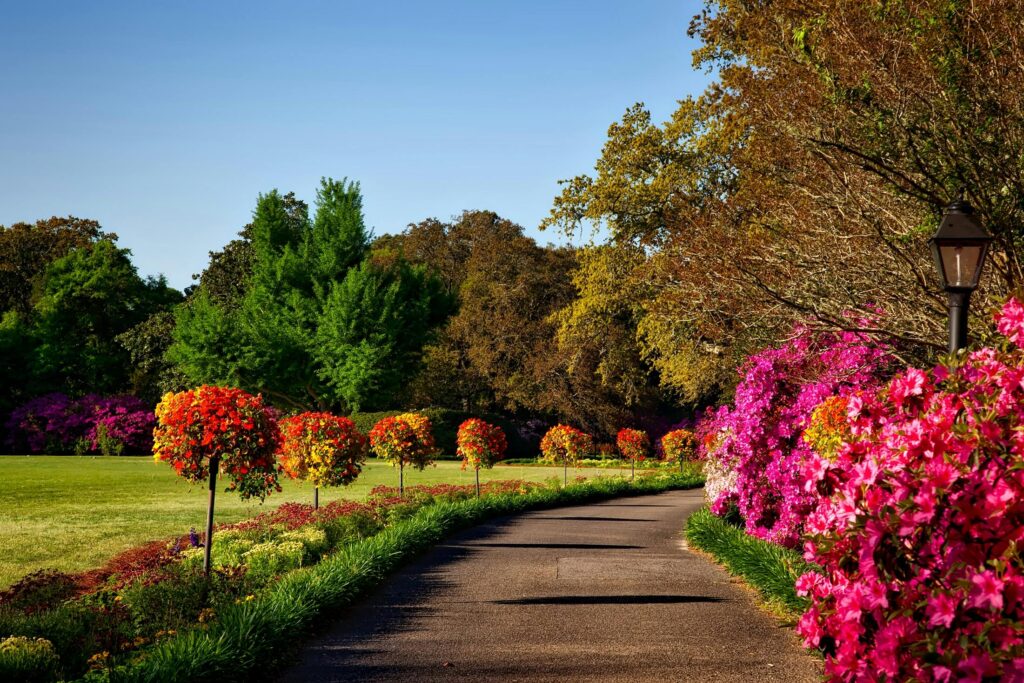The Impact of Landscaping on Kenyan Residential Communities

Landscaping is more than just beautifying spaces; it profoundly influences the well-being and development of residential communities. In Kenya, where urbanization is growing rapidly, thoughtful landscaping plays a crucial role in creating sustainable and livable neighborhoods. Here’s how landscaping impacts Kenyan residential communities.
1. Enhances Aesthetic Appeal
Landscaped spaces transform ordinary areas into visually appealing environments. Green lawns, colorful flower beds, and well-maintained trees create a welcoming atmosphere. For residential communities, this:
- Boosts property values.
- Makes neighborhoods more attractive to potential buyers or tenants.
2. Promotes Environmental Sustainability
Incorporating native plants and eco-friendly practices in landscaping helps:
- Reduce water usage, especially during dry seasons.
- Prevent soil erosion by stabilizing loose soil.
- Improve air quality through increased greenery.
These practices ensure that communities remain resilient to climate changes, a growing concern in Kenya.
3. Encourages Community Bonding
Landscaped spaces like parks and communal gardens provide areas for social interaction. Residents can meet, relax, or participate in activities such as:
- Picnics.
- Outdoor fitness classes.
- Children’s play sessions.
This fosters a sense of community and belonging.
4. Improves Mental and Physical Health
Access to green spaces has proven health benefits. Landscaped environments in Kenyan communities:
- Reduce stress and promote relaxation.
- Encourage outdoor activities like jogging or walking.
- Provide shaded areas for cooling down during hot weather.
These spaces contribute to a healthier and happier lifestyle for residents.
5. Boosts Economic Development
Well-landscaped communities attract investment. Businesses like cafés, retail stores, and recreational facilities are more likely to set up in such areas, providing:
- Employment opportunities.
- Increased local economic activity.
This creates a positive feedback loop for community growth.
6. Mitigates Urban Heat
With rising urbanization, heat islands are becoming common in cities like Nairobi and Mombasa. Landscaping reduces heat by:
- Providing tree cover and shaded areas.
- Cooling the environment through evapotranspiration.
This makes residential areas more comfortable, even during peak temperatures
7. Encourages Wildlife Conservation
Landscaped gardens with indigenous plants attract birds, bees, and butterflies, contributing to biodiversity. This helps preserve Kenya’s rich natural heritage even in urban settings.
8. Reduces Noise Pollution
Dense vegetation and trees act as natural sound barriers, muffling noise from nearby roads or construction. This creates a quieter, more serene living environment for residents.
By integrating well-planned landscaping into residential communities, Kenyan neighborhoods can thrive socially, environmentally, and economically. It’s an investment in the quality of life and sustainability that benefits everyone.
Get in touch with us today+254 725 144017, hello@aquascapes.garden or visit our website to get landscaping services at affordable prices.